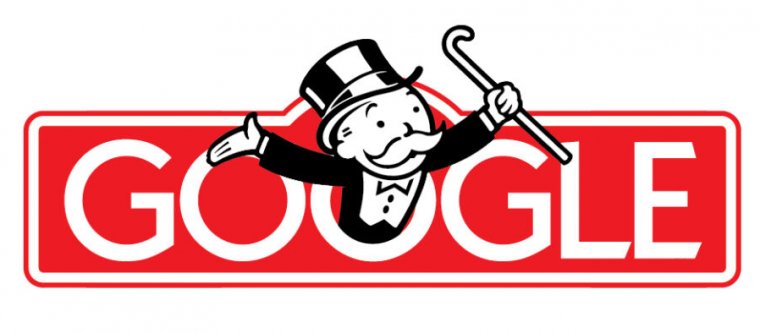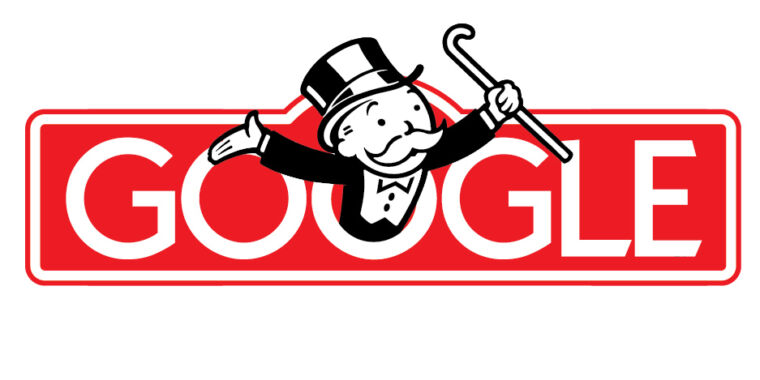[ad_1]

Ron Amadeo / Hasbro
Google’s struggle on advert blockers is simply gearing up, with YouTube doing its greatest to detect and block advert blockers and Chrome aiming to roll out the advert block-limiting Manifest V3 extension platform in June 2024. A brand new article from Engadget detailing the “arms race” over advert blocking brings up an fascinating level relating to the ability that YouTube and Chrome have on this battle: a dramatic replace benefit over the advert blockers.
Along with hamstringing Chrome’s extension platform with no actual user-centric justifications, Manifest V3 may even put roadblocks up earlier than extension updates, which is able to delay an extension developer’s capability to rapidly reply to adjustments. YouTube can immediately change up its advert supply system, however as soon as Manifest V3 turns into necessary, that will not be true for extension builders. If advert blocking is a cat-and-mouse recreation of updates and counter-updates, then Google will power the mouse to decelerate.
Chrome’s “Manifest V3” makes dramatic adjustments to the Chrome extension platform. The present platform, Manifest V2, has been round for over ten years and works simply effective, nevertheless it’s additionally fairly highly effective and permits extensions to have full filtering management over the site visitors your internet browser sees. That is nice for safeguarding privateness, dashing up the online, and blocking adverts, nevertheless it additionally means you’ll be able to obtain a browser from the world’s greatest advert firm and use it to dam adverts—and that was solely going to final for thus lengthy.
Google’s first assault on advert blockers is blowing up the “WebRequest API”—the first API that advert blockers use—and changing it with a extra restricted filtering API that Google has extra management over. The brand new declarativeNetRequest API now has extensions ask Chrome to dam a community request on their behalf, options arbitrary limits on the variety of filtering guidelines, and places limits on how efficient particular person guidelines will be.
We have coated this already. However we have not talked in regards to the different facet of the equation: Advert block guidelines cannot be up to date rapidly anymore. In the present day, advert blockers and privateness apps can ship filter record updates themselves, typically utilizing large open-source group lists. Manifest V3 will cease this by limiting what Google describes “remotely hosted code.” All updates, even to benign issues like a filtering record, might want to occur by means of full extension updates by means of the Chrome Internet Retailer. They may all be topic to Chrome Internet Retailer opinions course of, and that comes with a big time delay.
Engadget’s Anthony Ha interviewed some builders within the filtering extension group, and so they described a relentless cat-and-mouse recreation with YouTube. Ghostery’s director of product and engineering, Krzysztof Modras, stated that YouTube is “adapting [its] strategies extra steadily than ever earlier than. To counteract its adjustments to advert supply and advert blocker detection, block lists should be up to date at minimal every day, and typically much more typically. Whereas all gamers within the house are innovating, some advert blockers are merely unable to maintain up with these adjustments.”
uBlock Origin’s FAQ on YouTube’s advert blocker detection says, “YouTube adjustments their detection scripts recurrently” and provides that advert block customers may briefly be blocked for “temporary intervals of time after [YouTube changes] scripts and earlier than we up to date our filters.”
When Manifest V3 turns into necessary, these updates that must arrive “at minimal every day” will now not be an choice. Limiting remotely hosted code seems like a very cheap limitation till you understand that. like most Manifest V3 adjustments, it appears fastidiously crafted to cripple advert blockers greater than different extensions. Is a filtering record replace, which is actually only a record of internet sites, actually one thing that must be restricted by the “no remotely hosted code” coverage?
Firefox is mainly being compelled to assist Manifest V3 extensions as a result of recognition of Chrome, nevertheless it is not shutting down Manifest V2 assist any time quickly. Firefox’s Manifest V3 implementation would not include the filtering limitations, and dad or mum firm Mozilla guarantees that customers can “relaxation assured that regardless of these adjustments to Chrome’s new extensions structure, Firefox’s implementation of Manifest V3 ensures customers can entry the simplest privateness instruments out there like uBlock Origin and different content-blocking and privacy-preserving extensions.”
So since all filter record updates now must undergo the Chrome Internet Retailer, how lengthy does a evaluate take? A number of sources on the net put it at wherever from a couple of hours to a few weeks, relying on the whims of Google’s evaluate system. Consider these timelines are earlier than Google will dramatically enhance the workload of Chrome Internet Retailer opinions by requiring completely all adjustments to undergo the evaluate course of.
That is the opposite key weapon. Sooner or later, YouTube will have the ability to roll out new advert blocking updates every time it desires, and the advert blockers’ response will be slow-rolled by the Chrome Internet Retailer. Ghostery’s Modras thinks that is the longer term that’s coming, telling Engadget, “Via Manifest V3, Google will shut the door for innovation within the advert blocking panorama and introduce one other layer of gatekeeping that can decelerate how advert blockers can react to new adverts and on-line monitoring strategies.”
Google claims that Manifest V3 will enhance browser “privateness, safety, and efficiency,” however each remark we are able to discover from teams that are not large advert corporations disputes this description. The Digital Frontier Basis has referred to as Google’s Manifest V3 communication “deceitful and threatening,” and each the EFF and Mozilla have critiqued most of Google’s user-focused justifications for the mission. Each teams agree that Manifest V3 will not do a lot for safety, because it would not cease what extensions normally get caught doing: spying on a person’s browser historical past. Manifest V3 extensions have entry to only as a lot knowledge as earlier than. Ghostery has a web page on Manifest V3 warning that “nothing Manifest V3 introduces in its present state may also help defend privateness” and calling the mission “finally person hostile.”
For now, Chrome nonetheless works prefer it all the time has, however Manifest V3 will begin turning into necessary in June 2024.
[ad_2]
